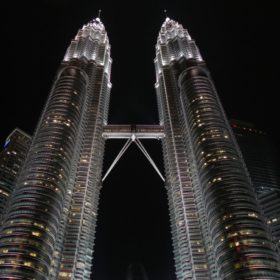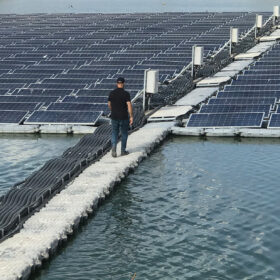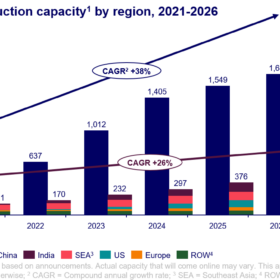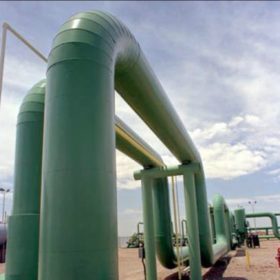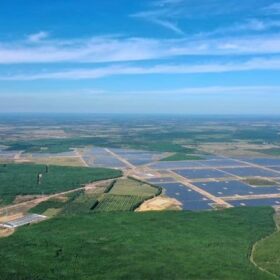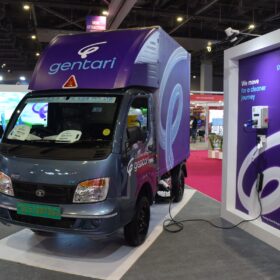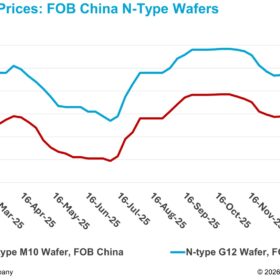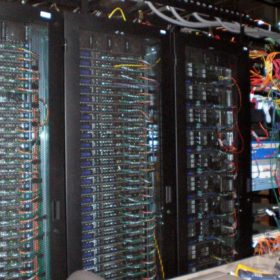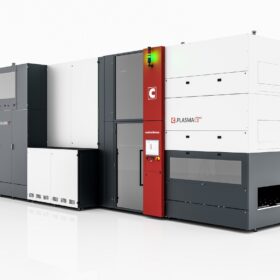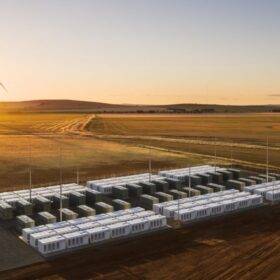Gentari, IHI sign MoU to develop green ammonia value chain
Petronas arm Gentari and Japan’s IHI have signed a Memorandum of Understanding (MoU) to jointly develop a global green ammonia value chain and commercial demonstration of ammonia-powered gas turbine.
India imported solar PV panels worth $1,136.28 million in H1 FY 2024
India’s solar panel imports in the April-Sept. period of FY 2024 surpassed the value of panels imported in the twelve months of FY 2023. Cell imports have also increased considerably year-on-year, with H1 FY 2024 value touching $1,005.07 million.
Malaysia launches 30 MW floating solar tender
Kuala Lumpur-based utility Tenaga Nasional Berhad (TNB) has started accepting applications for the development of a 30 MW (AC) floating PV plant at a reservoir in eastern Malaysia.
India will overtake Southeast Asia as the second-largest solar module producer by 2025
A Wood Mackenzie report forecasts China will dominate solar manufacturing through 2026, holding more than 80% of poly, wafer, cell and module manufacturing capacity for the next three years.
Gentari, Greenko founders partner on green ammonia production and export from India
Gentari and Greenko founders-owned AM Green will jointly invest in the green ammonia platform, AMG Ammonia, to produce and export green ammonia from India. Both partners bring complementary capabilities across the green hydrogen value chain, including renewable energy, electrolyzers, and ammonia production and marketing capabilities. GIC will also invest in AMG Ammonia.
Amazon, Petronas to collaborate on clean energy growth
Petronas arm Gentari will provide green mobility solutions to decarbonize Amazon’s India transportation network. Amazon Web Services (AWS) will support Petronas in designing and constructing a state-of-the-art plant to produce sustainable aviation fuel.
ReNew, Gentari collaborate for 5 GW renewables capacity in India
ReNew and Gentari will form a 50:50 joint venture to develop renewable assets including solar, wind, and energy storage.
L&T wins new orders for power transmission and distribution
Larsen & Toubro has secured contracts to implement advanced distribution SCADA and HVDC transmission lines.
Southeast Asia solar markets set for growth this year
New PV capacity additions in Southeast Asia are expected to bounce back this year for the first time since 2020, according to the Asian Photovoltaic Industry Association. The market is expected to grow by 13% in 2023, for 3.8 GW of new installations.
Gentari signs 5,000 commercial EV supply pact with Tata Motors
Gentari, a Vehicle-as-a-Service (VaaS) provider, has signed pacts with Tata Motors, MoEVing, and Gati to strengthen its fleet of electric cargo vehicles.
